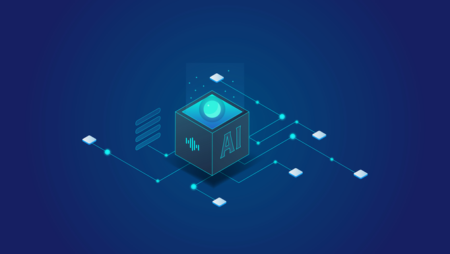
The Emerging Laws of Oversight
This project asks how laws and regulations can be improved to promote the effectiveness of human oversight in automated decision-making and better protect people from harm.
Johann Laux is a British Academy Postdoctoral Fellow at the Oxford Internet Institute. He studies the legal, social, and governmental implications of emerging technologies such as AI and Big Data. His current research project asks how human oversight over automated decision-making can be improved and implemented effectively. Johann also works on the Governance of Emerging Technology Project and researches the impact of personalisation and targeting on citizens and consumers.
Johann graduated from the London School of Economics and Political Science with a degree in Governance and from the University of Hamburg with degrees in Law. He earned a PhD in Law at the University of Hamburg, researching the institutional design of courts with mechanisms of collective intelligence. Johann studied Philosophy at King’s College London and was a Visiting Researcher at UC Berkeley, School of Law. Before joining Oxford, Johann was an Emile Noël Fellow at New York University’s School of Law and a Program Affiliate with the Digital Welfare State and Human Rights Project at New York University’s School of Law.
Johann has great experience in public writing and publishing, having previously worked with publications such as Monocle, Frankfurter Allgemeine Zeitung, and Die ZEIT.
Governance of Emerging Technologies | Human Oversight | Automated Decision-Making | Inferential Analytics | Artificial Intelligence | Artificial Intelligence and Welfare Policy | Institutional Design | Collective Intelligence | Digital Economy | Platforms | Personalisation | Law and Economics | Ethics | Democratic Theory | Constitutionalism

This project asks how laws and regulations can be improved to promote the effectiveness of human oversight in automated decision-making and better protect people from harm.

This OII research programme investigates legal, ethical, and social aspects of AI, machine learning, and other emerging information technologies.

This project will evaluate the effectiveness of accountability tools addressing explainability, bias, and fairness in AI. A ‘trustworthiness auditing meta-toolkit’ will be developed and validated via case studies in healthcare and open science.
I conduct my research in line with the University's academic integrity code of practice.

27 October 2023
The OII is leading the debate on Artificial Intelligence. Generative AI has been a key area of interest for faculty, researchers and students for many years. This article brings together some of this work to date and highlights forthcoming work.

13 September 2023
In this new video, Dr Fabian Stephany, OII explores the future of work and AI. He explains to us why the demand for certain occupations is skyrocketing not despite - but because of - AI.

8 December 2022
In a new contribution, OII researchers led by Dr Johann Laux show there’s a smart way to govern personalised adverts, balancing the benefits of personalisation against the risks.

12 January 2022
Dr Johann Laux, Postdoctoral Researcher, Oxford Internet Institute, explains more in conversation with David Sutcliffe, Senior Science Writer, Oxford Internet Institute.

Nature, 10 January 2024
Scientists have been promised a front-row seat for the formulation of the EU’s proposed AI regulatory structures. They should seize this opportunity to bridge some big gaps.

The Guardian, 26 November 2023

ABC News, 21 November 2023
The ousted leader of ChatGPT maker OpenAI is returning to the company that fired him just days ago.